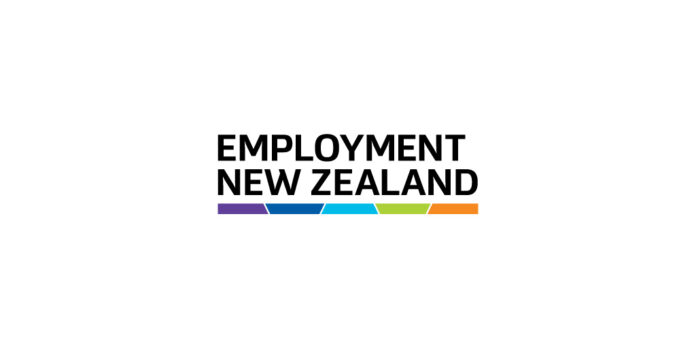Source: Employment New Zealand
Individuals cannot protect themselves from personal liability by claiming they were unaware that they had breached the law, the Court of Appeal has ruled in a case.
The case concerns two directors of Dunedin-based Southern Taxis Limited. The company, that operated from 2002 to 2016, had drivers who were paid a flat commission of forty percent from the earnings they received driving vehicles owned by the company. Four of those drivers, who were referred to as independent contractors by the company, complained to the Labour Inspectorate about entitlements that led to an investigation.
In July 2018, the Employment Relations Authority (ERA) determined that the drivers were employees and the company owed them about $80,000 for unpaid entitlements such as minimum wages, holidays, rest breaks and unlawful deductions.
However, Southern Taxis – a limited liability company – had wound up in May 2018 distributing its surplus assets to the two directors – Mrs Maureen Valerie Grant and Mr Ronald James Grant — who were its shareholders and declared it had discharged its liabilities in full to all its known creditors.
The ERA noted the directors were personally liable for the arrears since they were involved in the company breaching its obligations by being wilfully blind to the possibility that the drivers were employees. However, on appeal by the directors, the Employment Court determined in May 2020 that the directors were not personally liable.
The Labour Inspectorate sought clarification from the Court of Appeal on what level of knowledge was required to establish liability for a person involved leading to this judgment. The Court of Appeal ruled it is not relevant that the directors of Southern Taxis believed their drivers were not employees. It clarified that knowledge of the essential facts is enough to lead to personal liability.
Regional Manager Southern (Labour Inspectorate) Jeanie Borsboom said this judgment by the Court of Appeal means that individuals cannot protect themselves from liability by claiming that they did not know that what they were doing breached employment law. “There is an obligation on individuals to understand their obligations, obtain proper advice and not turn a blind eye to the possibility that their actions breach employment obligations.”
The case will now revert to the Employment Court, which will determine whether the two directors had knowledge of the essential facts that established the drivers were employees.
The Labour Inspectorate works to ensure minimum employment standards are complied with, so that all employees receive their minimum employment rights, and all employers operate in fair marketplaces free of non-compliant businesses that may have an unfair advantage.
The Labour Inspectorate encourages anyone concerned about their employment situation or the situation of someone they know to contact the Employment New Zealand service centre where concerns are handled in a safe environment.
Call us on 0800 200 088. Our call centre is open Monday to Friday, 8.00am to 5.30pm excluding public holidays.



